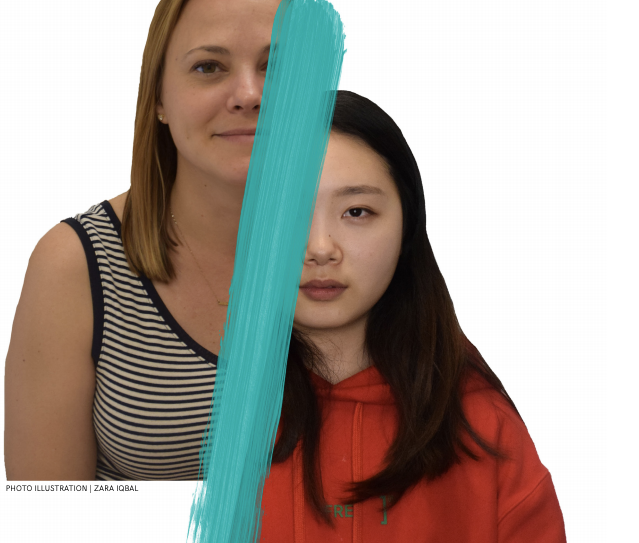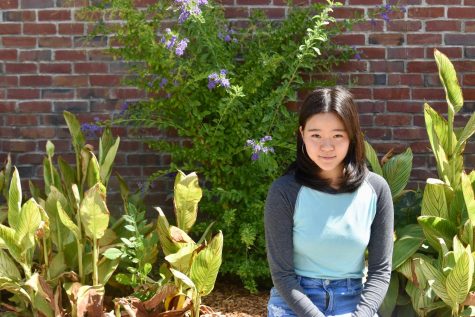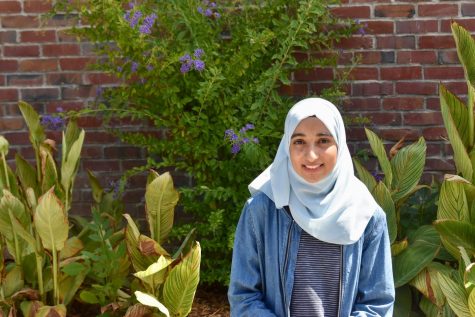Bridging cultures
Looking at staff responses to working with students from different backgrounds
March 11, 2020
A freshman reached out to guidance counselor Jessica Coscia about her concerns for her future career; while the student’s parents are both engineers, she is interested in psychology. Coscia provided the student with different resources and then talked to her mother, who explained that being an engineer has been beneficial to her family while living in the Bay Area and is inclined to push her daughter towards engineering so she can support herself.
Coscia explained that it’s important for parents to step back and let their child explore their passions because they can still be successful even if it isn’t the same way their parents found themselves to be successful.
“There are times where students very much want to follow one path and their families want them to follow something else,” Coscia said. “It’s our job as counselors to support and advocate for our students first.”
Coscia reveals that when encountering a situation like this, she will often reach out to the parents. By being the facilitator of the conversation, she hopes that she can help open doors to other opportunities and show parents that their children can be successful even if they take a different path.
She believes that the difference in ethnicity between staff and the student body doesn’t prevent them from providing helpful academic guidance, but she still makes an effort to understand the difference in expectations that may exist.
“I’m knowledgeable enough to know that because I am Caucasian and I grew up one way that I cannot completely understand what it is like to be an Asian student and to grow up in an Asian family,” Coscia said. “I have a lot of students that will come in and joke and be like, ‘I got a B, but it’s an Asian F, you don’t understand Mrs. Coscia.’”
 Coscia explains that she tries to listen to the students, ask questions and understand their perspective. According to Coscia, the guidance she gives to her students doesn’t necessarily change due to their culture, as it’s simply natural for counselors to build connections with their students, regardless of ethnicity.
Coscia explains that she tries to listen to the students, ask questions and understand their perspective. According to Coscia, the guidance she gives to her students doesn’t necessarily change due to their culture, as it’s simply natural for counselors to build connections with their students, regardless of ethnicity.
Student advocate Richard Prinz says that he has recognized the difference in perspectives due to culture, as well as his position in society as a white male, which has played into what model of therapy he has adopted –– narrative therapy. This type of therapy allows Prinz to be more receptive and respecful towards different points of views, which gives him the opportunity to help others find better ways of dealing with their problems.
Senior Alekhya Natarajan had scheduled appointments with Prinz during her junior year once every two weeks for a few months. She had gotten into a fight with a friend, and when she realized it was negatively affecting her school and social life, she thought that it was time to get help from a third party. While her concerns didn’t explicitly relate to her cultural background, she noted that her parents would not have taken her issue seriously.
“[Prinz] was asking if I could lean on my parents and I’m just not close to my parents,” Natarajan said. “A lot of that is just because they’re really strict and pretty traditional. I remember in sophomore year, I did have a fight with my friend and I told them, and then my mom was like, ‘Oh, now you have more time to focus on your grades.’”
Natarajan thinks that her parents are open minded, but talking about mental health with them is difficult.
“[Prinz] let me make a decision, whether I was going to keep being friends with this person or whether I was going to cut them off and it was a lot more [about] my own well being, which was really nice,” Natarajan said.
Additionally, both Prinz and Coscia mention that having student advocate Ya-Huei Chi and counselor Sylvia Lam on campus is a step towards the diversity that MVHS staff needs, as they can connect with students and their parents on a cultural standpoint.
“I always feel weird, like, here I am this young white lady telling these parents what they should do or how to parent and it can be not even necessarily a racial thing, but I always think who am I to tell you how to parent your kids?” Coscia said. “If we could get more therapists or more people in roles like that of different ethnicities that more mirror what our students are going through, I think that that would be amazing.”
Prinz thinks that since students are unable to discuss their mental health openly at home, it’s important to integrate mental health courses in the curriculum, instead of having “add-ons” without systemic change such as hiring more therapists. To remedy the gap between parents and their children, he makes sure that there are teens in the parenting classes he holds by inviting them to attend.
Coscia finds it a privilege that students are able to share personal stories and information with her, and wants her students to know that if they don’t feel like they are able to get the support they need at home, they can get it from individuals on campus.
“I think that you guys are wonderful because your generation is a lot younger and a lot more open to things than the older generations,” Coscia said. “I want our students to feel comfortable sharing if they’re struggling, getting support from whoever it is. I mean, that’s why we’re all here at the end of the day.”



















